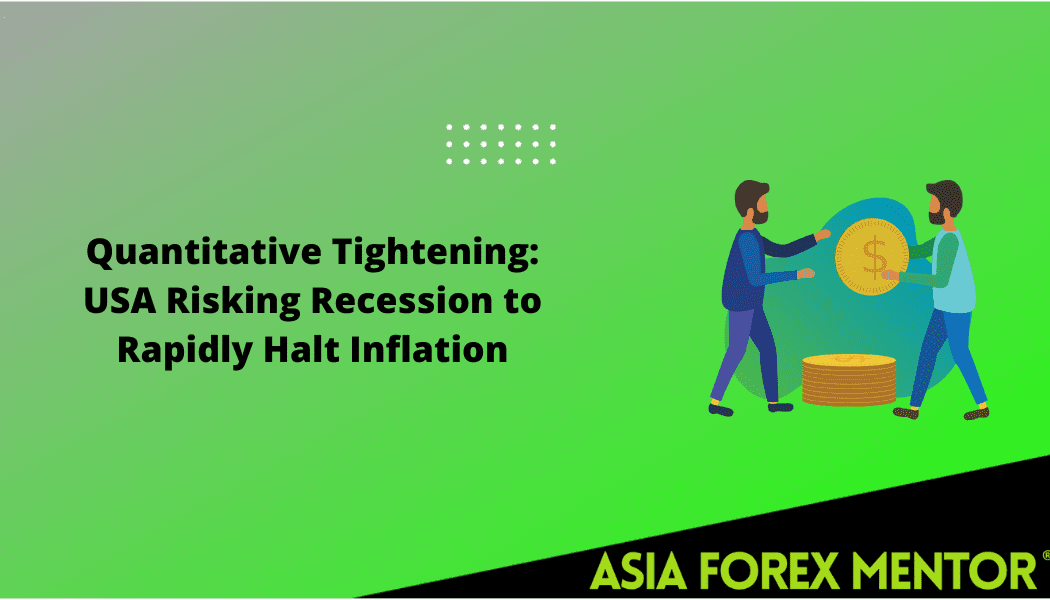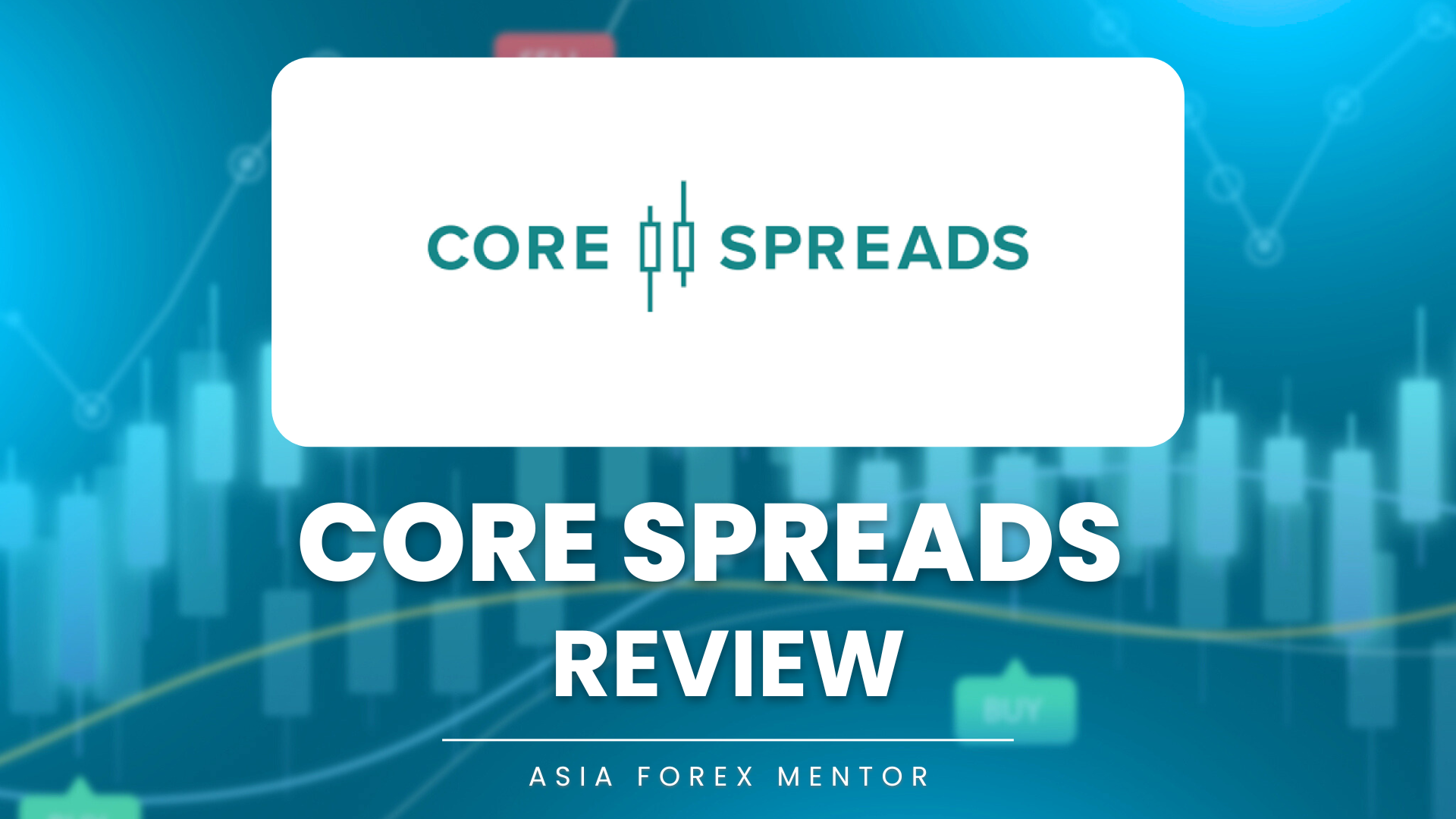Interest rate decisions by the Reserve Bank of New Zealand (RBNZ) and the People’s Bank of China (PBoC) will dominate the financial news next week. The Federal Open Market Committee (FOMC) meeting minutes, due to be published on Wednesday, will be scrutinized by investors and traders for clues into the central bank’s monetary policy plans.
China: PBoC likely to keep interest rates unchanged
On Monday February 20th, the PBoC governing board is expected to convene and announce its decision on interest rates. A Reuters poll published on February 17th showed that 8 out of 10 economists expect the PBoC to leave its benchmark interest rate unchanged at 3.65%.
An ING report suggested that the country’s economic recovery and the PBoC’s decision to keep the medium-term lending facility (MLF) rate steady have reduced the possibility for a loan prime rate (LPR) adjustment.
RBNZ to decide on interest rates
The Reserve Bank of New Zealand (RBNZ) will announce its decision on interest rates on February 22nd. Some economists suggest that it will raise borrowing costs by 50 basis points to 4.75%. However, some market analysts forecast a 0.25% lift, following recent flat inflation and employment figures for the fourth quarter of 2022.
At the last meeting, the RBNZ’s board recognized that annual inflation was too elevated at 7.2%. Commenting on New Zealand’s economy, the country’s Finance Minister Grant Robertson said that there is evidence inflation has peaked.
It should be noted that New Zealand has been hit by Cyclone Gabrielle which has caused significant problems such as flooding and landslides across the North Island. A report by KiwiBank said: The RBNZ should pause next week, as we deal with the devastating impact of Cyclone Gabrielle. The RBNZ can come back in April and resume tightening if required.
Bank of Canada to release inflation report
The Bank of Canada (BoC) is expected to publish its January core CPI inflation report on February 21st. Economists suggest that core CPI inflation rose by 5.5% and 0.2% on a year-to-year and month-on-month basis, respectively.
While testifying before the House of Commons finance committee, the BoC’s Governor Tiff Macklem told MPs that the economy is in excess demand, which is putting upward pressure on prices. Macklem noted that for inflation to get back to 2%, the effects of higher interest rates need to work through the economy and restrain spending enough for supply to catch up. If inflation gets stuck and doesn’t come all the way back to the 2% target, we are fully prepared to increase interest rates further.
Japan National CPI report due on February 24th
The Japanese Statistics Bureau will release its January National CPI inflation report on Friday February 24th. Economists suggest that core CPI inflation could come in at 4.2%, on an annualised basis.
Japan’s Finance Minister, Shunichi Suzuki, said that Kazuo Ueda’s nomination as the BoJ’s next governor is a result of consideration towards structural wage hikes and sustainable, stable achievement of the inflation target.
In other news, a report published by the UOB Group noted that the Japanese economy expanded below expectations in the last quarter of 2022. UOB analysts suggested that with the weaker 2023 manufacturing outlook cushioned by the improving tourism and barring external events, we keep our modest 2023 GDP growth forecast of 1.0% (from 1.1% in 2022).
Does trading on macroeconomic news interest you? Learn how this approach works with our free webinars. Meet and interact with expert traders. Watch and learn from live trading sessions.
This material does not contain and should not be construed as containing investment advice, investment recommendations, an offer of or solicitation for any transactions in financial instruments. Please note that such trading analysis is not a reliable indicator for any current or future performance, as circumstances may change over time. Before making any investment decisions, you should seek advice from independent financial advisors to ensure you understand the risks.












